An Insider’s View of the New Jersey Office Market
Transwestern’s Matt McDonough sheds light on the shifts that are fueling the market's growth and discusses coworking's role in the story.
New Jersey’s office market has been slowly and steadily regaining its strength following the Great Recession. High rents are pushing young professionals and companies outside New York City, leading to increased activity in the Garden State. The area is seeing the lowest office vacancy figures in the last decade, largely due to strong leasing, positive absorption and tempered construction activity. Other initiatives, such as the Opportunity Zone program, contribute to the market’s resurgence.
READ ALSO: Opportunity Zone Interest Heats Up in New Jersey
Tax incentives have been a major economic driver. However, the Grow NJ program has been put on hold and the state’s largest tax breaks expired, signaling uncertainty across the market. Transwestern Managing Director Matt McDonough, based in the company’s New Jersey office, discusses the market’s strongest points and how recent changes will impact the office landscape.
What are the New Jersey’s hottest submarkets in terms of tenant interest?
McDonough: Markets in and around transit centers and downtowns. Examples are the Metropark area and surrounding Woodbridge, as well as Morristown, and surrounding Florham Park, and Parsippany.
What are the type of assets investors are interested in?
McDonough: A new class of private capital investors has entered the market. They are pursuing high-quality assets that offer upside potential through repositioning and renovation.
During the past cycle, there have been many instances of institutional owners of non-performing buildings breathing life back into the assets by refurbishing them and installing modern amenities. The institutional investors have taken many of these buildings to 75 to 80 percent of full potential. A new crop of private investors is buying these assets and finishing off the buildings. By making additional building improvements and elevating the amenities to the next level, the new investors are bringing these buildings full maximum value.
How will the office projects in the pipeline impact the market in the future?
McDonough: Toll Brothers’ 1000 Maxwell Lane in Hoboken, N.J., is the only new ground-up office development under construction in the market. The balance of the pipeline is all on a build-to-suit basis. New construction only makes sense at significant rent premiums to the current market.
The viable pipeline consists of the remaining redevelopment projects that can be delivered. Until these opportunities are exhausted, there will be very little new construction. When that will happen, rents will accelerate to new construction levels.
What do you think will happen now that New Jersey’s tax incentive programs expired?
McDonough: It will certainly put a damper on an already slow Hudson River waterfront and to a lesser extent the suburban New Jersey markets. It will slow some the largest transactions in the market, but it won’t have too much of an effect on small to mid-sized transactions, which are the true drivers of leasing velocity.
What’s your general view on the metro’s coworking sector, considering its proximity to the country’s largest cluster of flexible office spaces?
McDonough: Coworking is here to stay and is good for the market. It facilitates activity and activity drives velocity. New Jersey’s proximity to the largest coworking cluster and it being home to so many New York commuters will continue to encourage coworking activity in the state.
The major coworking providers are already present in or pursuing many of New Jersey’s most active submarkets. They will continue to grow and will contribute to the overall health of the market.
How do you think the New Jersey office market performed in the past quarters and how do you see it going forward?
McDonough: The market has done well over the past few quarters. Although it has been almost a decade in the making, we are seeing increasing office rents for suburban New Jersey.
After being flat for many years coming out of the last recession, rising demand for high-quality space and limited new product have led to modest but meaningful rent increases. As demand keeps up its pace, a new sense of urgency has become evident in the market. That cycle will continue and the market will continue to tighten.



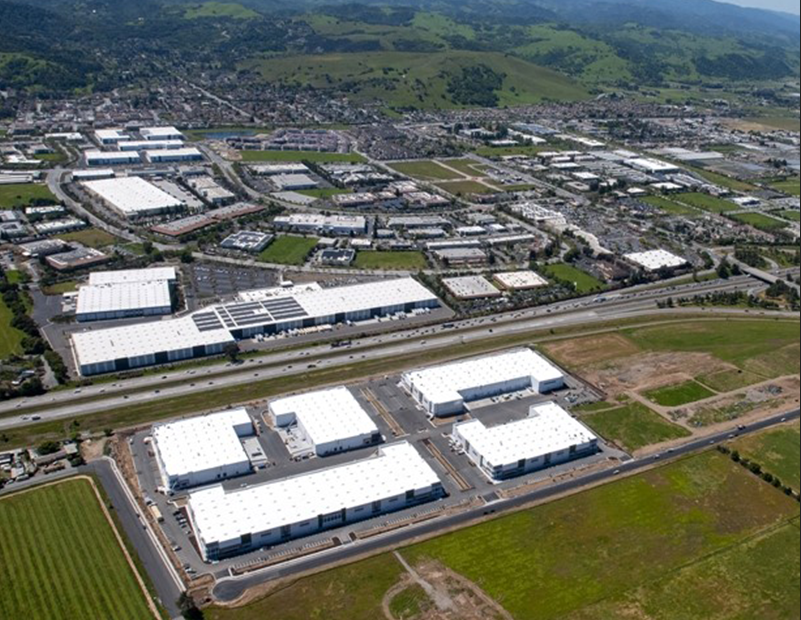
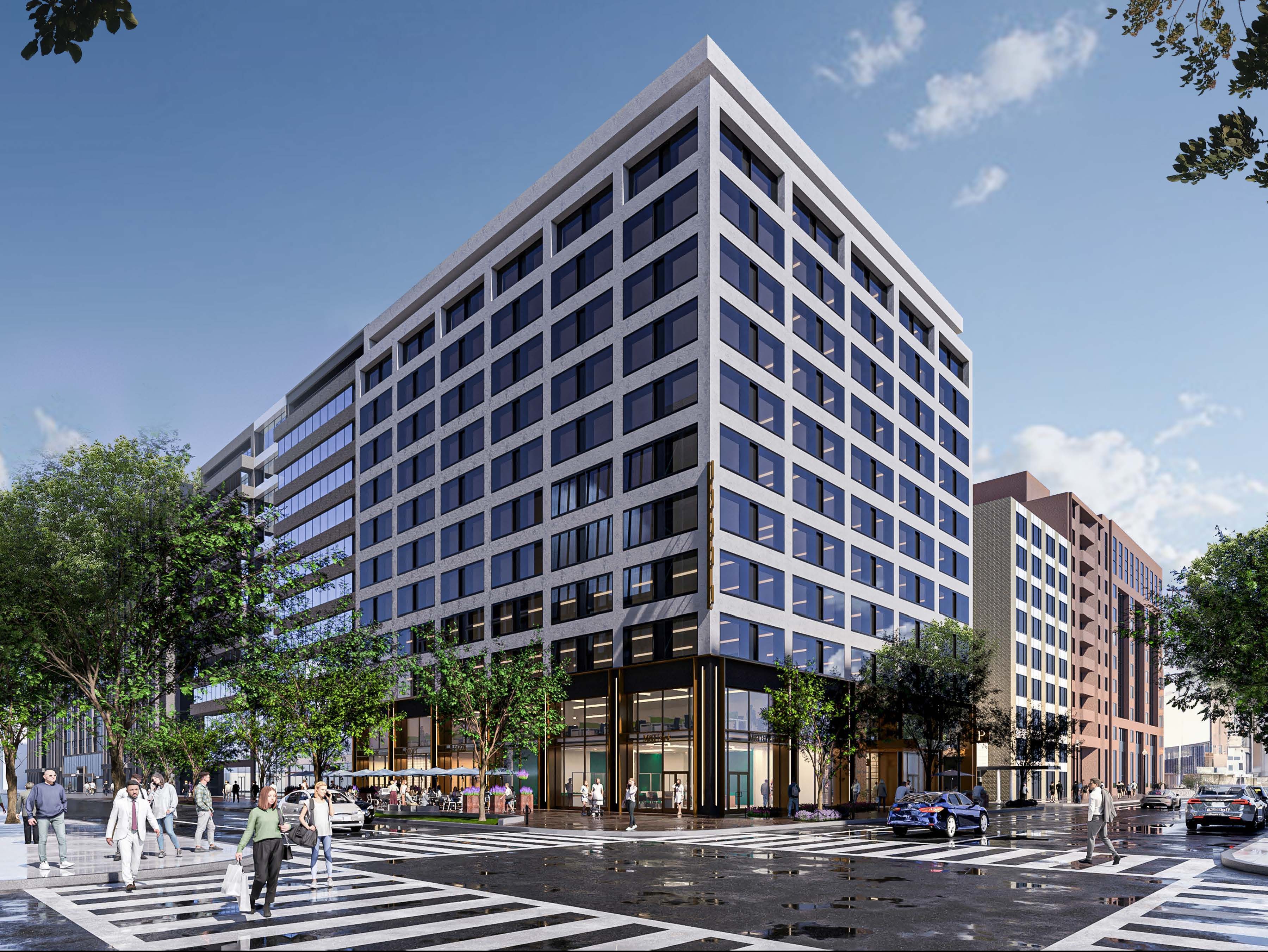
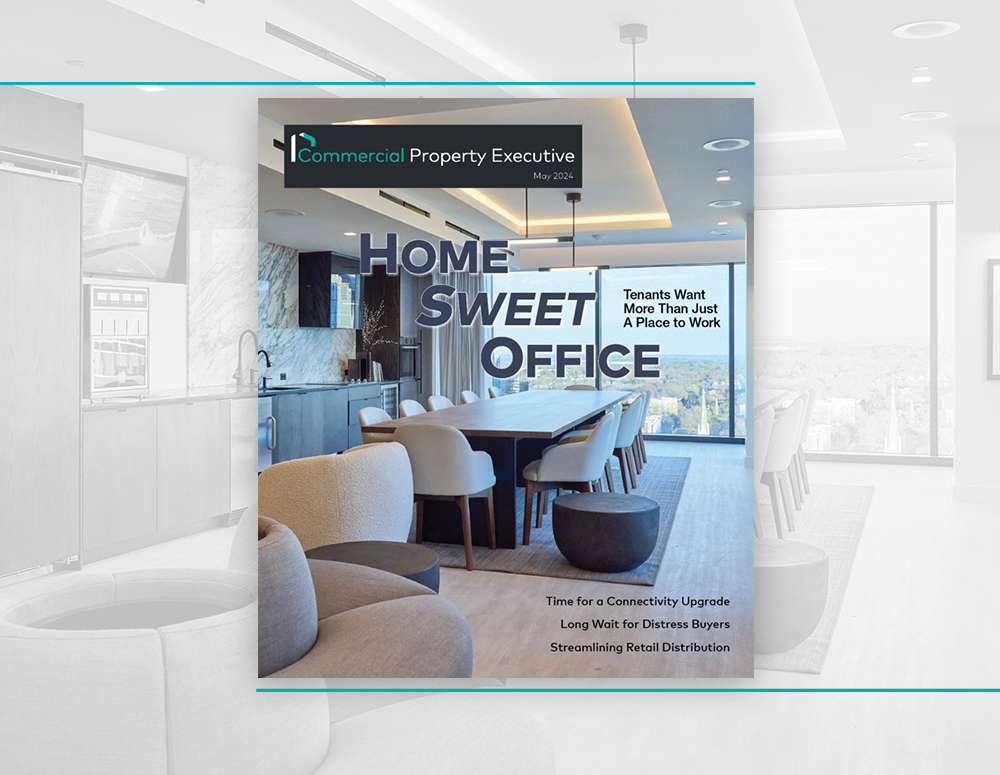
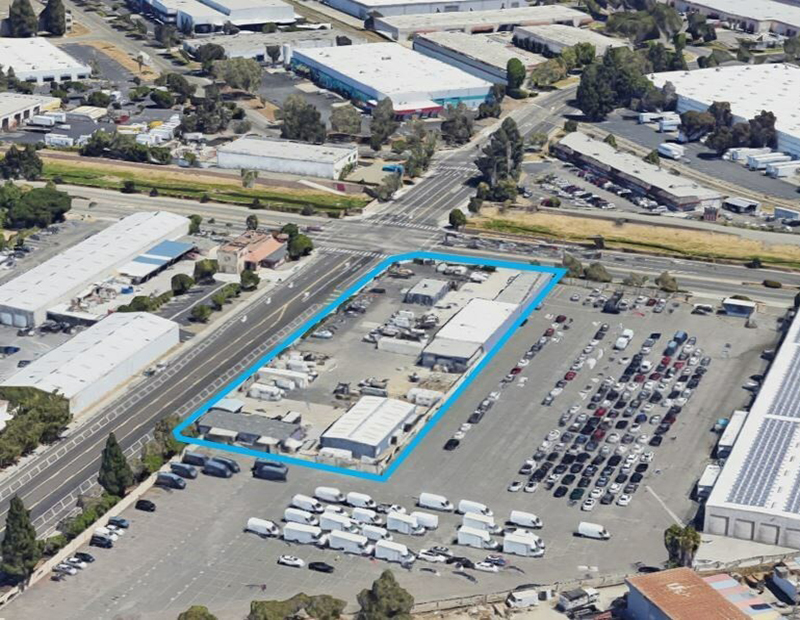
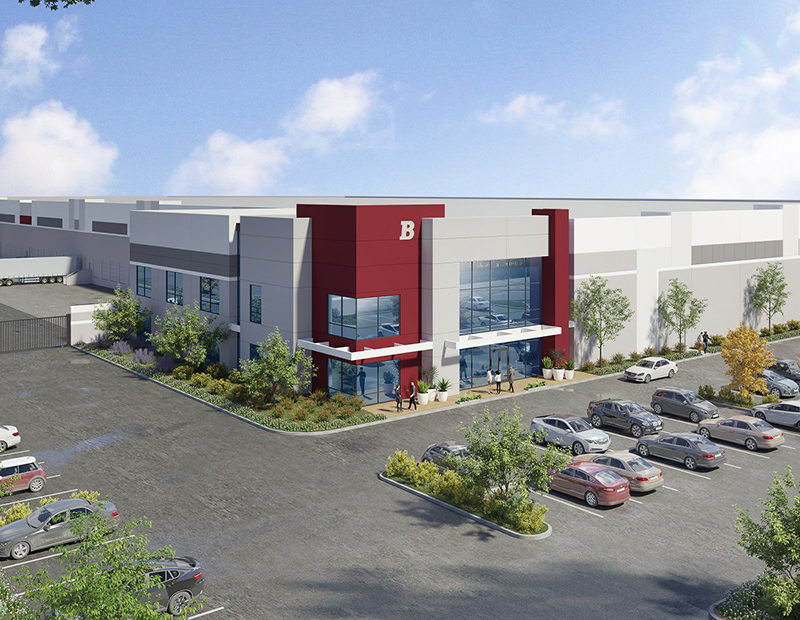

You must be logged in to post a comment.